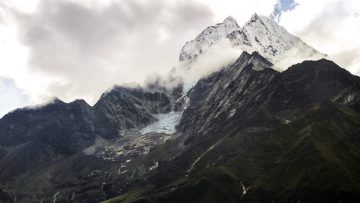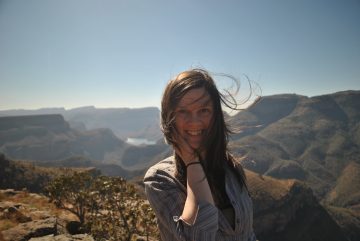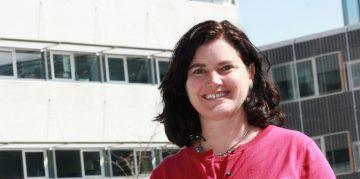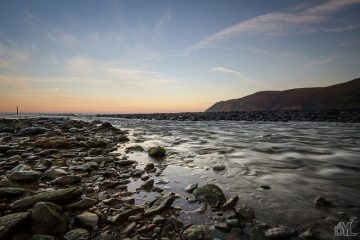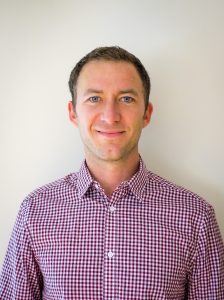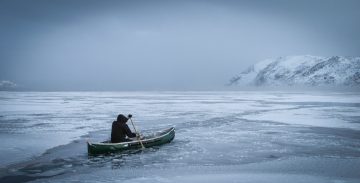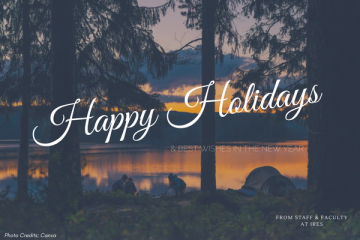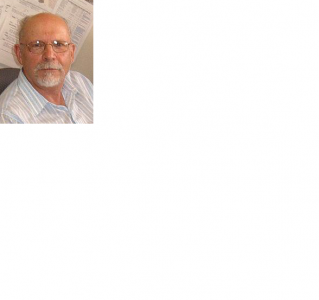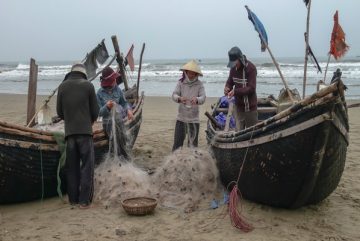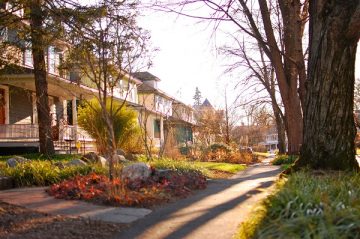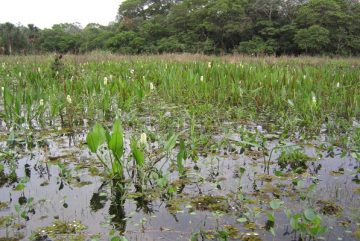Science Magazine PDF file.
Supplementary materials for Committing to socially responsible seafood pdf click here
Kittinger JN, Teh L, Allison E, Bennett NJ, Crowder LC, Finkbeiner EM, Hicks C, Scarton CG, Nakamura K, Ota Y, Young J, Alifano A, Apel A, Arbib A, Bishop L, Boyle M, Cisneros-Montemayor AM, Hunter P, Le Cornu E, Levine M, Jones RS, Koehn JZ, Marschke M, Mason JG, Micheli F, McClenachan M, Opal C, Peacey J, Peckham SH, Schemmel E, Solis-Rivera V, Swartz W, Wilhelm A (2017). Committing to socially responsible seafood. Science, 356 (6341), 912-913.
_____________________________________________________________________________________________________________________________________
Summary: Seafood is the world’s most internationally traded food commodity. Approximately three out of every seven people globally rely on seafood as a primary source of animal protein (1). Revelations about slavery and labor rights abuses in fisheries have sparked outrage and shifted the conversation (2, 3), placing social issues at the forefront of a sector that has spent decades working to improve environmental sustainability. In response, businesses are seeking to reduce unethical practices and reputational risks in their supply chains. Governments are formulating policy responses, and nonprofit and philanthropic organizations are deploying resources and expertise to address critical social issues. Yet the scientific community has not kept pace with concerns for social issues in the sector. As the United Nations Ocean Conference convenes in New York (5 to 9 June), we propose a framework for social responsibility and identify key steps the scientific community must take to inform policy and practice for this global challenge.
Link to article: http://science.sciencemag.org/content/356/6341/912.full
Press Release from Conservation International – A sea change for seafood: http://stories.conservation.org/a-sea-change-for-seafood – Scroll to bottom for additional stories
Press Release from University of Washington – Scientists launch global agenda to curb social and human rights abuses in the seafood sector: http://www.washington.edu/news/2017/06/01/scientists-launch-global-agenda-to-curb-social-and-human-rights-abuses-in-the-seafood-sector/
And on Eureka Alert: https://eurekalert.org/pub_releases/2017-06/uow-slg060217.php
